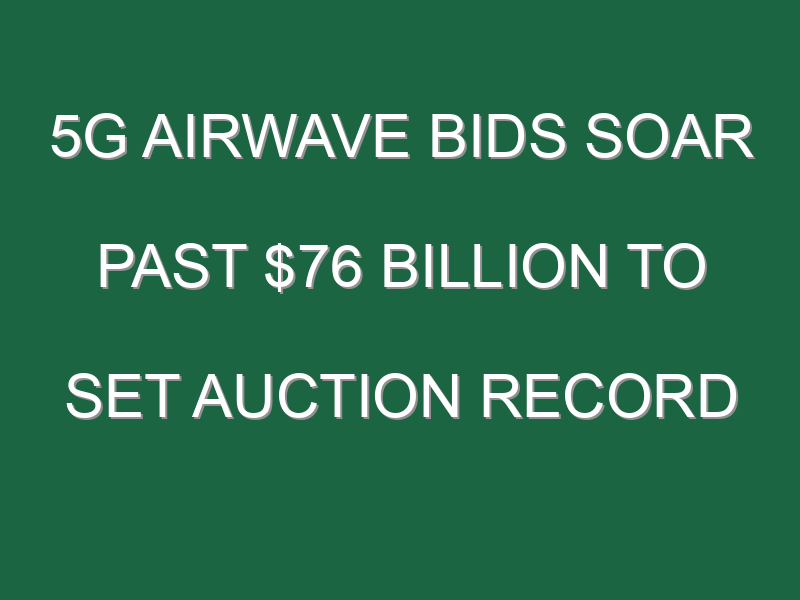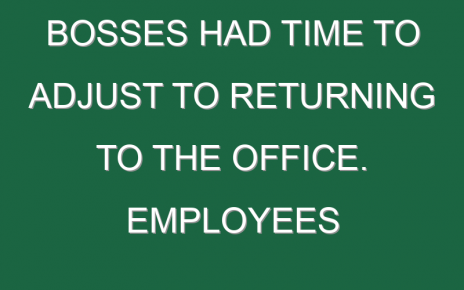Bidding in a 5G airwaves auction in the U.S. surged past $76.5 billion, fueled by a frenzied demand for capacity that could send carriers like Verizon and AT&T to the debt market to finance the tab.
The auction run by the Federal Communications Commission started last month with a field of 57 potential bidders, including the third major wireless carrier, T-Mobile, and pay-TV providers such as Dish Network, Comcast and Charter. Within days, the tally exceeded analysts’ estimates of $47 billion.
“It blows all auctions away,” said Sasha Javid, chief operating officer of wireless data company BitPath. The previous top FCC airwaves auction attracted almost $45 billion in bids in 2015. The current sale of frequencies in the so-called C-band could approach $80 billion as bidding extends for another week or more, Javid said in an interview.
The go-for-broke bidding underscores how crucial these midband frequencies are to companies trying to seize global leadership in emerging 5G technology. The airwaves are expected to drive a yearslong surge of profits when deployed for next-generation mobile devices, autonomous vehicles, health-care equipment and manufacturing facilities.
“It’s great spectrum, there’s a lot of it, and it’s coming right as carriers are gearing up to get ready for 5G,” said Doug Brake, director of broadband and spectrum policy at the Information Technology & Innovation Foundation, a nonprofit research outfit.
While Verizon was expected to be the biggest bidder in the auction, the carrier may have run into a formidable counterbidder in T-Mobile, thanks to the financial backing of its controlling stockholder, Deutsche Telekom.
“If you’re Verizon and you don’t get this spectrum, you’ve basically lost the race to 5G,” Javid said.
With about $10 billion in additional cash from Deutsche Telekom, New Street Research says T-Mobile could be using the auction to build on an already-large holding of midband 2.5-gigahertz airwaves gained with the takeover of Sprint in April.
T-Mobile already has “a powerful network advantage today, and they may extend it,” New Street Research analyst Jonathan Chaplin wrote in a note Monday.
Collectively, the largest bidders had about $70 billion in cash available at the beginning of the auction. But with the total already higher than that, companies like Verizon, AT&T, T-Mobile, Dish and Comcast “may have to tap the bond market in early 2021,” Bloomberg Intelligence analyst Stephen Flynn wrote in a note Monday.
In addition to the airwaves licenses, winning bidders also will pay an estimated $13 billion or more to current users of the airwaves, including satellite providers Intelsat and SES. The satellite companies will change their use of frequencies to make room for the 5G providers.
More must-read tech coverage from Fortune:
- A brief history of Bitcoin bubbles
- Commentary: Why the U.S. needs a national climate investment fund
- The biggest conspiracy theories of 2020 (and why they won’t die)
- Why Julian Assange’s victory does little to help the cause of press freedom
- Commentary: Marketers can’t predict what you’ll buy—even if they use A.I.




